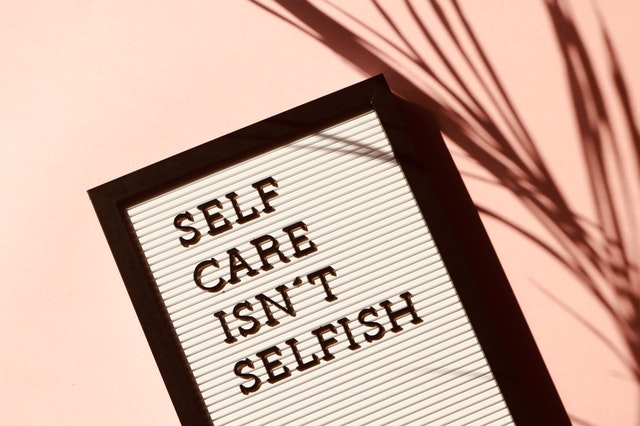
Waking up in the morning starts with random thoughts of important to-do list items to get completed for the day. All goes well until your feet hit the ground. A flood of thoughts saturate your mind when you realize that you still have your toothbrush in your hand as you grab the last bit of toilet tissue. Once again, your spouse has left you stranded on the throne. You may as well add this to your list of to-do “purchase more toilet tissue.” Why and how does your day become consumed with other people’s to-do items? You remember when it happened … when you stopped journaling, when you stopped paying attention to your happiness in the simple things … it is time to reclaim your time, your sense of self, and your to-do list!
I became fascinated with “Self-Care” when I overheard my spouse chatting on the phone about how much she had to do, when in fact … her list of to-do lists was my to-do list. I realized I missed doing special things for myself. I started down a rabbit hole of information and found some pretty useful items. To be clear, as stated by Lawler (2021), “Self-care means taking care of yourself so that you can be healthy, you can be well, you can do your job, you can help and care for others, and you can do all the things you need to and want to accomplish in a day.” Self-care does not mean to be selfish or acting selfishly, a huge difference. We all need to do some level of self-care.
How do we start to self-care for ourselves? We can start by not feeling like we have to do everything for everyone all the time. We can establish healthy boundaries and ensure that we communicate how and why overstepping our boundaries is inappropriate when people overstep those boundaries. We can express our needs and wants effectively with proactive discussions about complex topics. But what I found to be the most helpful way to start self-care is to wake up with an attitude of gratitude and continue checking in with myself throughout the day.
Self-care may be a new term for you but rest assured that this practice has been around for years. I am encouraging you to choose self-care for a better way of living and interacting with all in your life. I have included some resources for you to utilize for your self-care journey. Remember, we can only live one day, one moment, and one minute at a time; make sure to live it the way you choose to.
Be well,
Jenice
References:
Hardy, J. (2017). Self Care Project. Retrieved from https://www.blurtitout.org/wp-content/uploads/2017/12/The-Self-Care-Project-worksheets.pdf
Lawler, M., Phillips, Q., Revelant, J., Millard, E., Landau, M. D., & Russell, T. (2021). What Is Self-Care and Why Is It Critical for Your Health?: Everyday Health. Retrieved from https://www.everydayhealth.com/self-care/
Self Care Challenge. (n.d.). Retrieved 2021, from https://static1.squarespace.com/static/575cf8c120c647c0a0062afa/t/5a1f4308e4966bb1ff15b754/1511998216344/self care workbook.pdf
